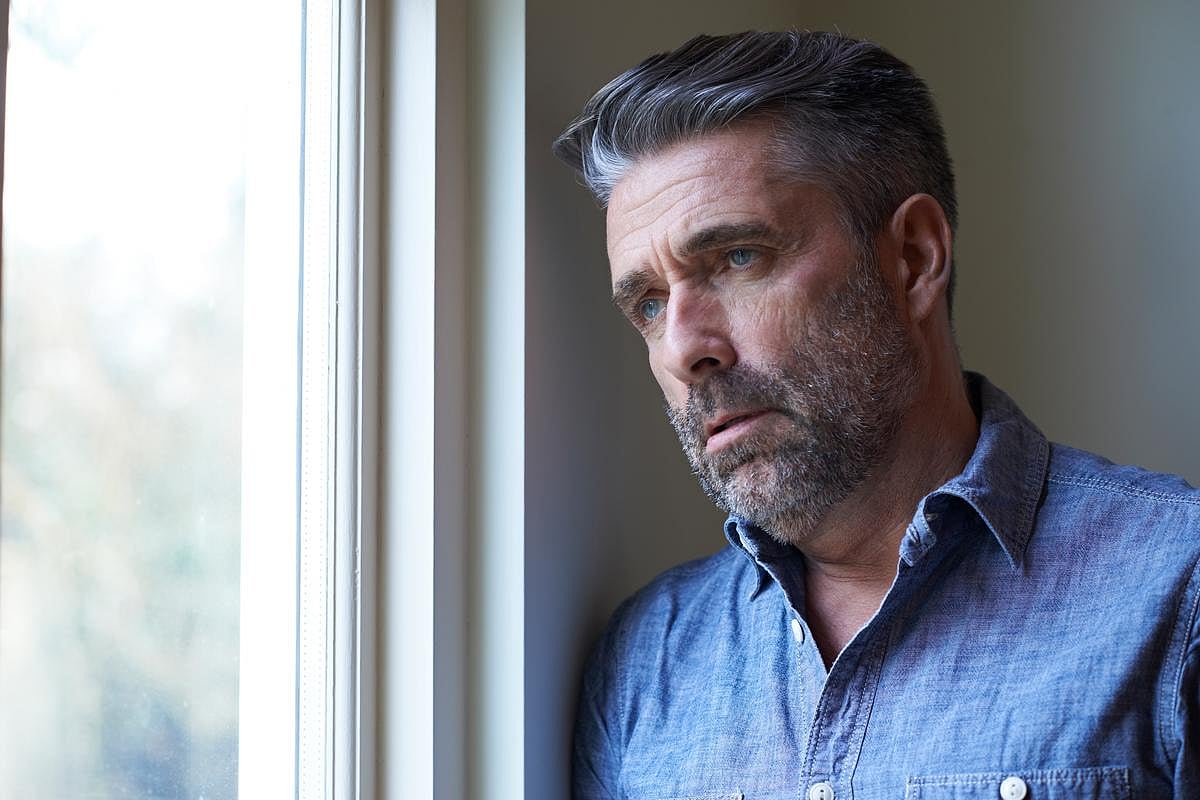Manténgase sano!

- Posted November 26, 2025
Some Suicide Victims Show No Typical Warning Signs, Study Finds
For many families who lose someone to suicide, the same question comes up again and again: “How did we not see this coming?”
A new study suggests that for some people, there truly weren’t clear warning signs to see.
Researchers at the University of Utah found that people who die by suicide without showing prior warning signs, such as suicidal thoughts or past attempts, may have different underlying risk factors than those who express suicidal behavior.
The findings were published recently in JAMA Network Open.
About half of people who die by suicide have no known history of suicidal thoughts or behaviors. Many also don't have diagnosed mental health conditions like depression.
To better understand these people, researchers analyzed anonymized genetic data from more than 2,700 people who died by suicide.
They found that people with no prior signs of suicide had:
Fewer psychiatric diagnoses
Fewer genetic risk factors for mental health conditions like anxiety, depression, Alzheimer’s disease and post-traumatic stress disorder (PTSD)
"There are a lot of people out there who may be at risk of suicide where it’s not just that you’ve missed that they’re depressed, it’s likely that they’re in fact actually not depressed," lead study author Hilary Coon, a psychiatry professor at the University of Utah in Salt Lake City, said in a news release.
"That is important in widening our view of who may be at risk," she added. "We need to start to think about aspects leading to risk in different ways."
The study also found that this group wasn't any more likely than the general population to show traits like chronic low mood or neuroticism.
Suicide prevention has long focused on identifying and treating depression and related mental health disorders. But this research suggests that approach may not reach everyone who's at risk.
"A tenet in suicide prevention has been that we just need to screen people better for associated conditions like depression," Coon explained.
"And if people had the same sort of underlying vulnerabilities, then additional efforts in screening might be very helpful. But for those who actually have different underlying vulnerabilities, then increasing that screening might not help for them."
In other words: If someone isn’t depressed or showing typical symptoms, current screening tools may miss them.
Coon and her team are now looking into other factors that might raise suicide risk in this hidden group, including chronic pain, inflammation and respiratory diseases.
They are also studying traits that may protect against suicide to better understand why some people remain resilient even in difficult situations.
She emphasized that there is no single suicide "gene."
Her goal? To help doctors spot high-risk individuals earlier, even when they do not express suicidal thoughts.
"If people have a certain type of clinical diagnosis that makes them particularly vulnerable within particular environmental contexts, they still may not ever say they’re suicidal," Coon said. "We hope our work may help reveal traits and contexts associated with high risk so that doctors can deliver care more effectively and specifically."
More information
The 988 Lifeline is available for anyone facing mental health struggles, emotional distress, alcohol or drug use concerns or who just needs someone to talk to.
SOURCE: University of Utah Health, news release, Nov. 24, 2025

